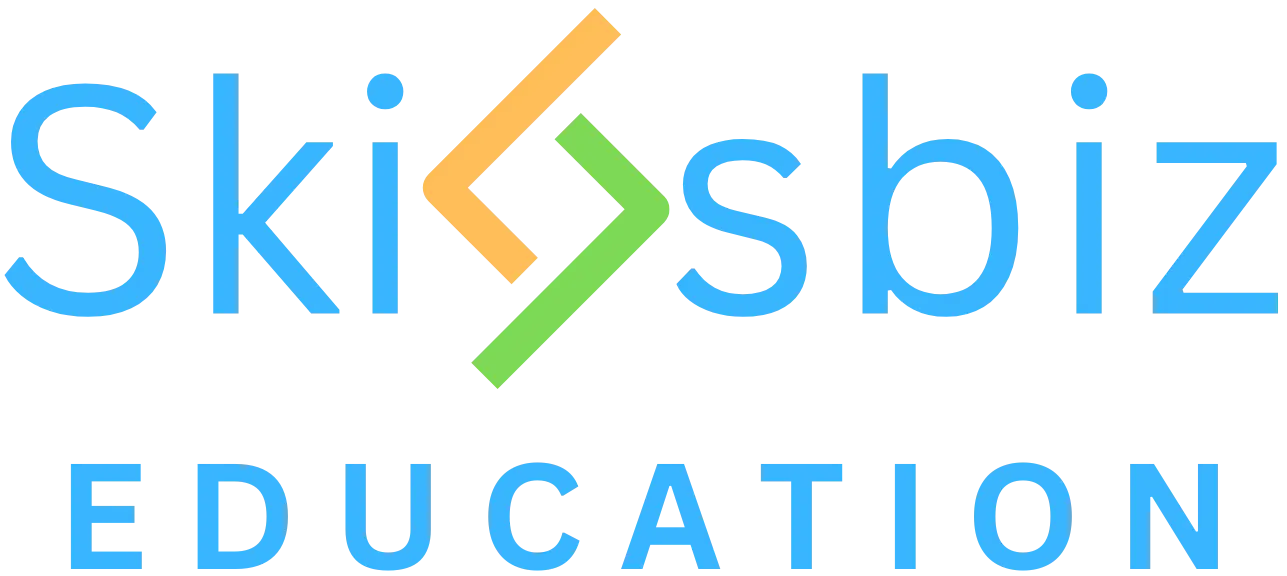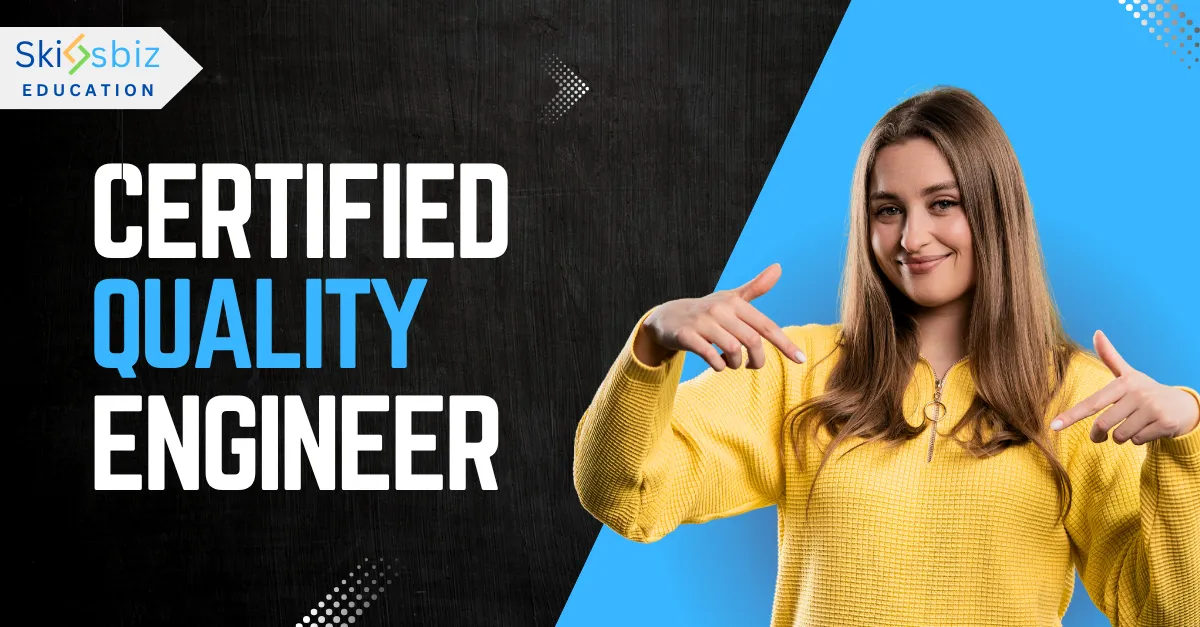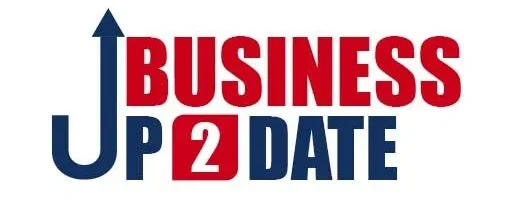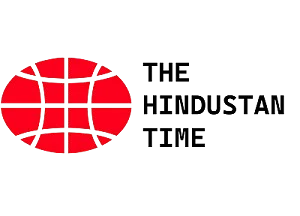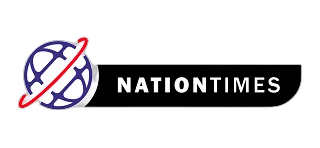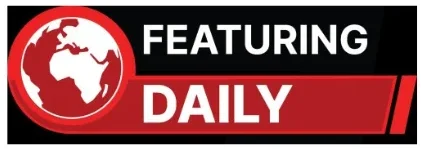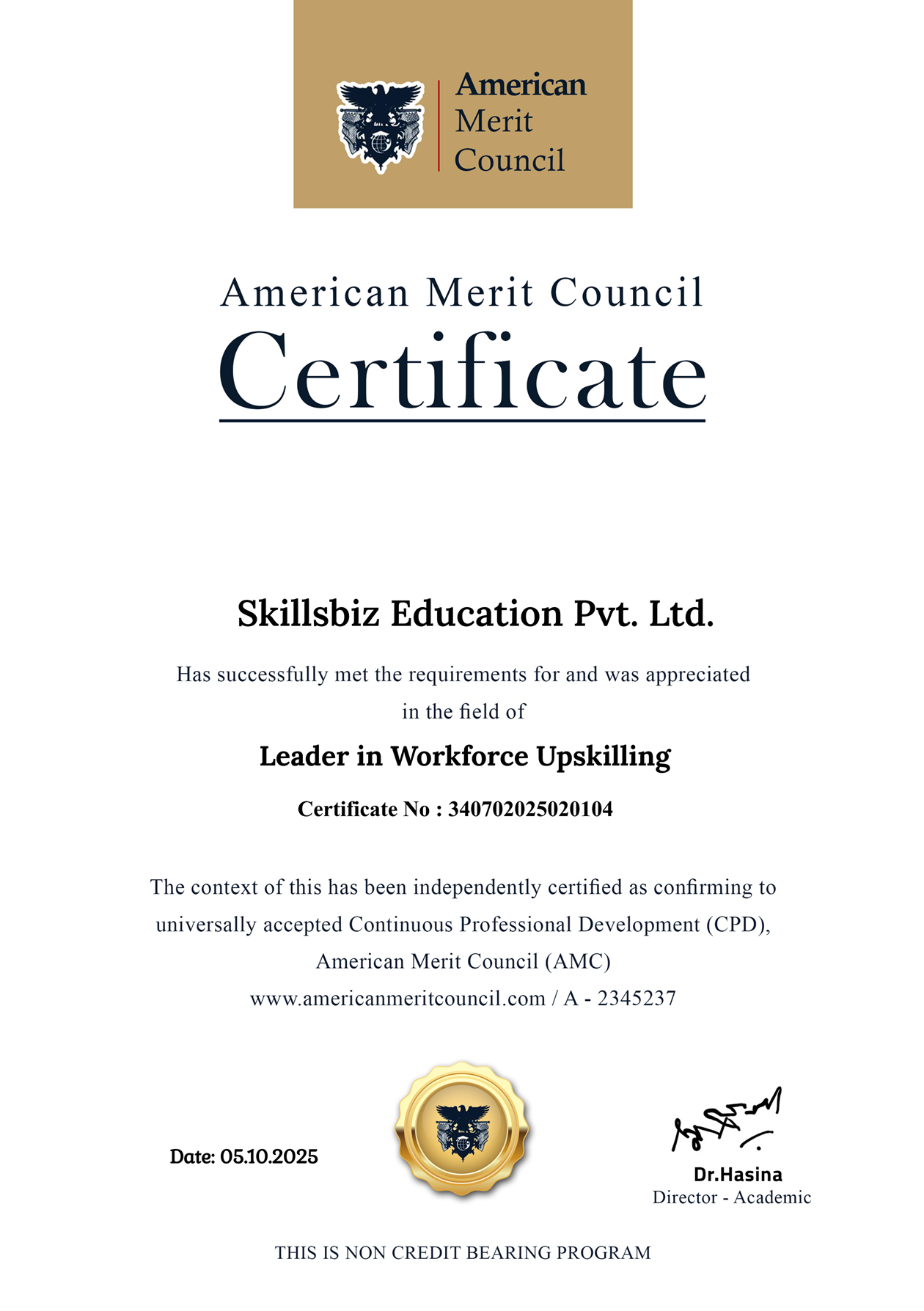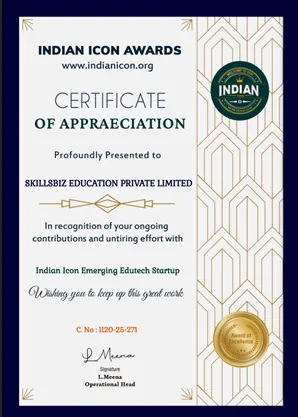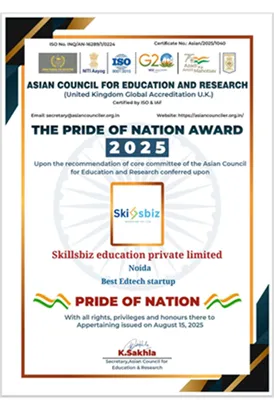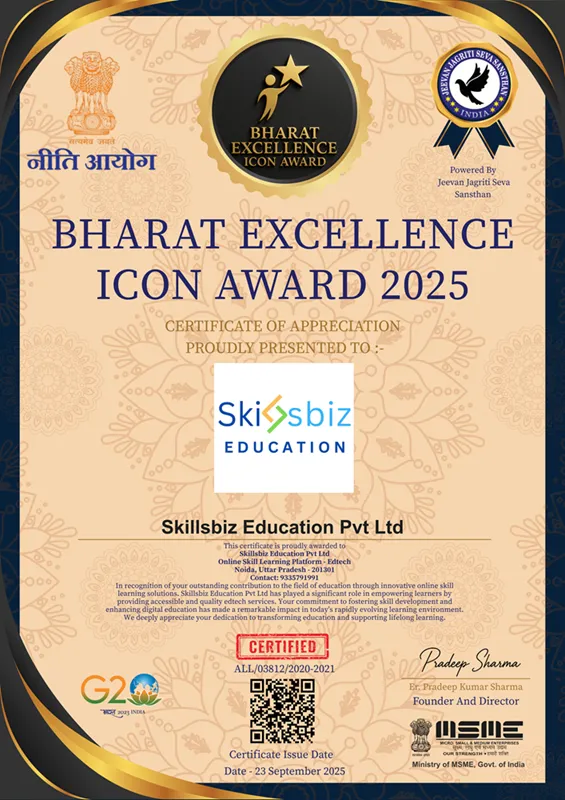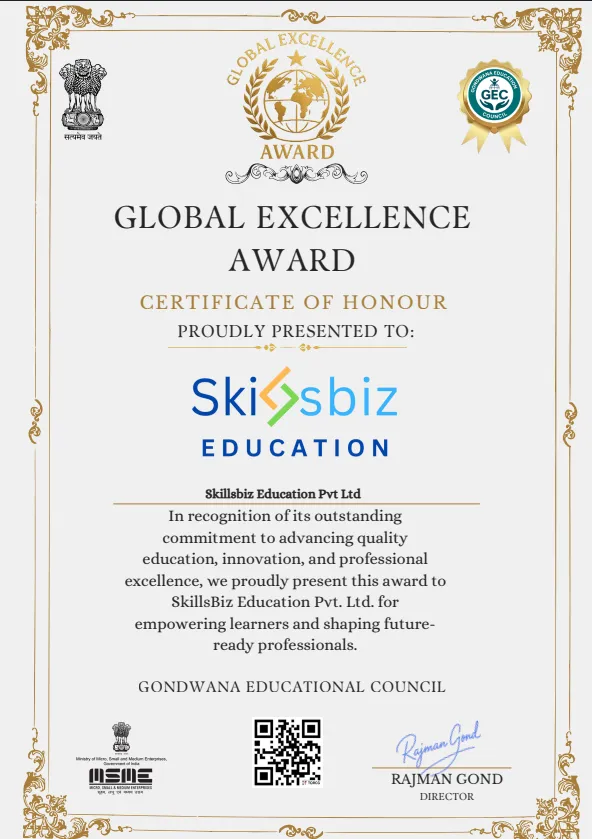Certified Quality Engineer (CQE) Certification Program
Enhance your career with the Certified Quality Engineer (CQE) Certification Program designed to equip you with essential quality engineering skills.


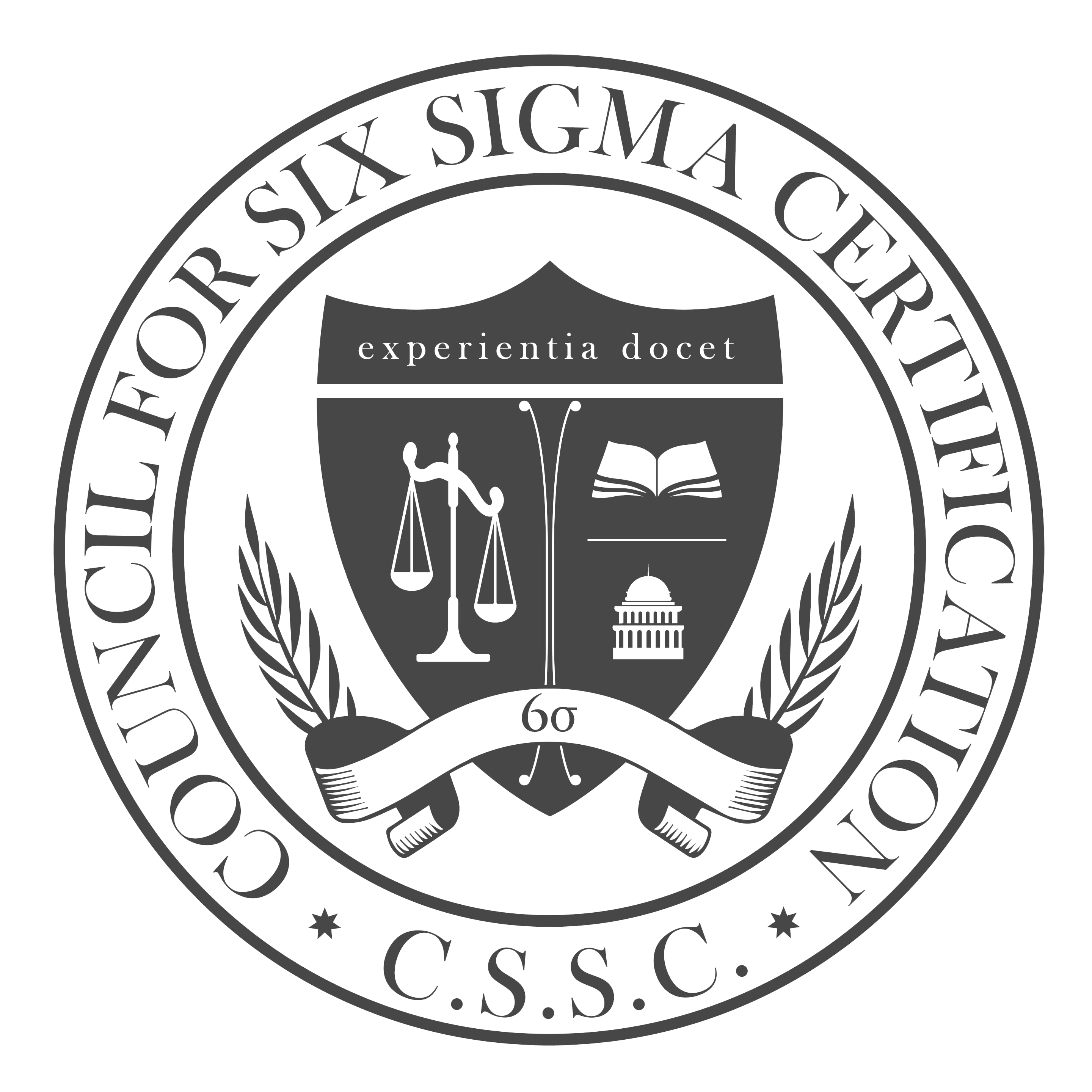
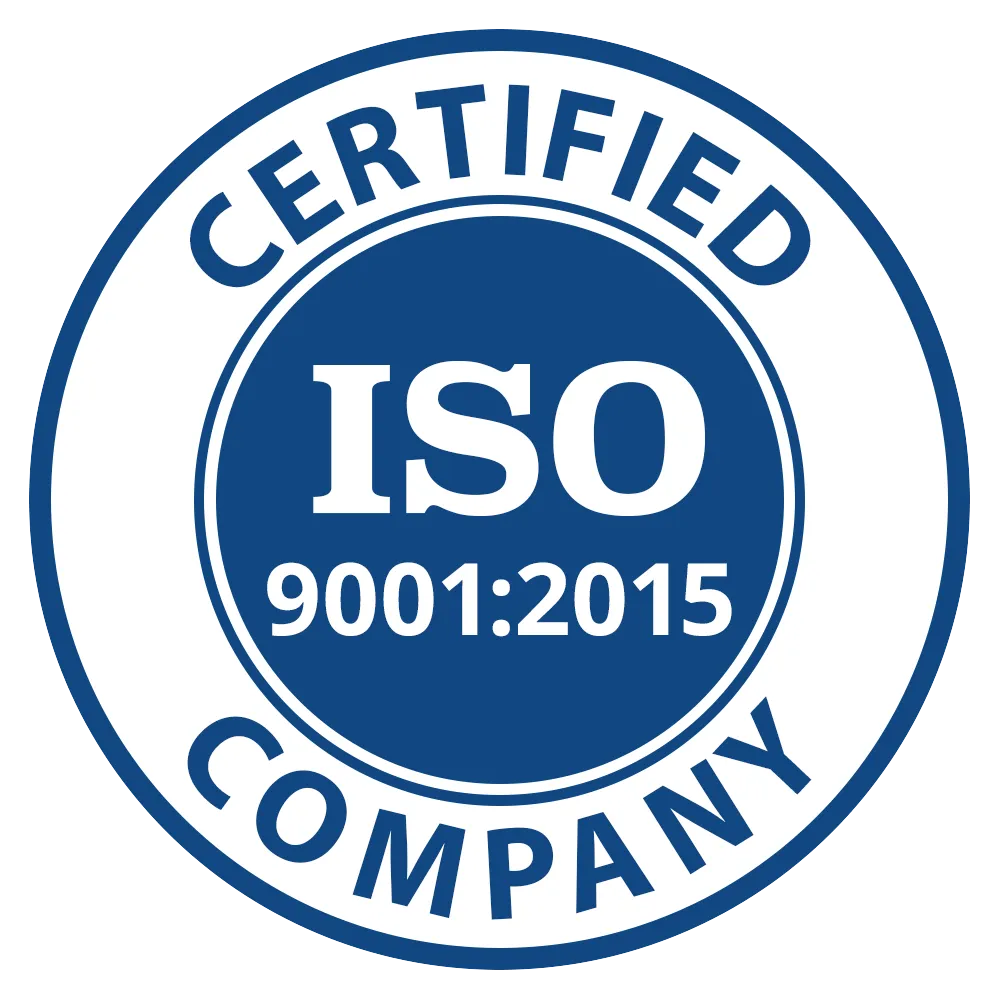
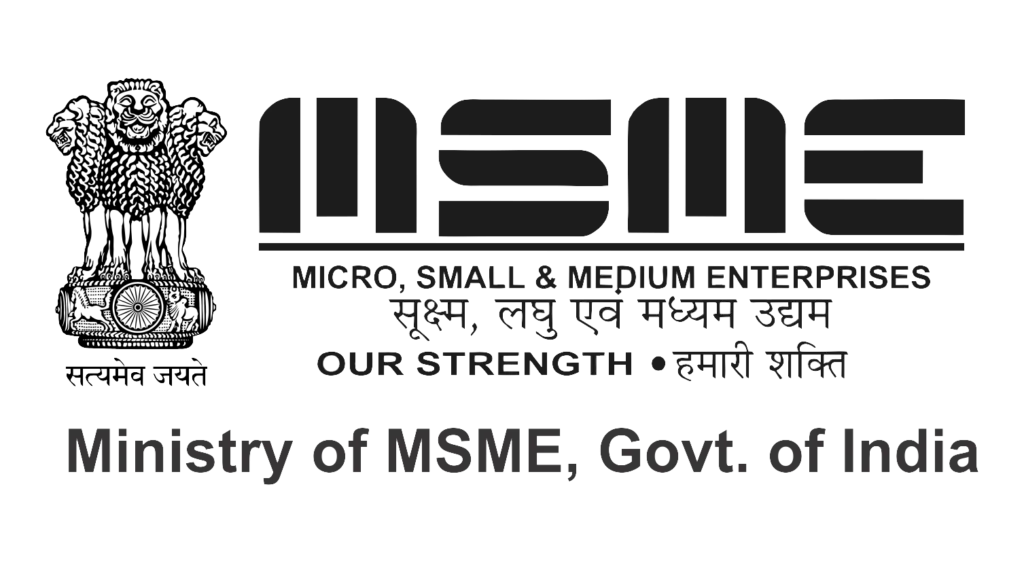
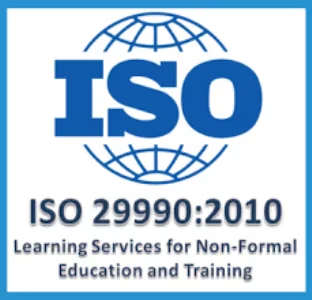
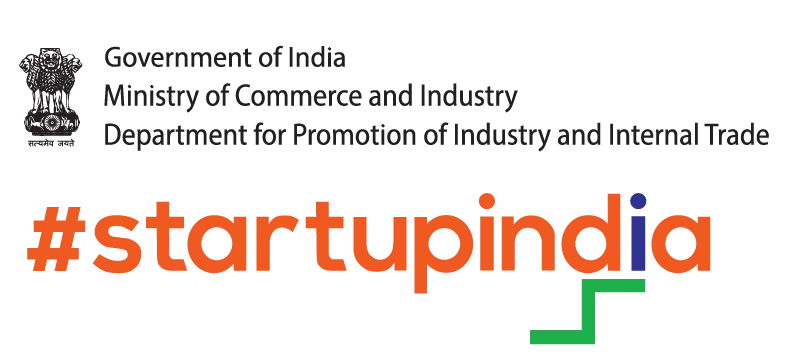
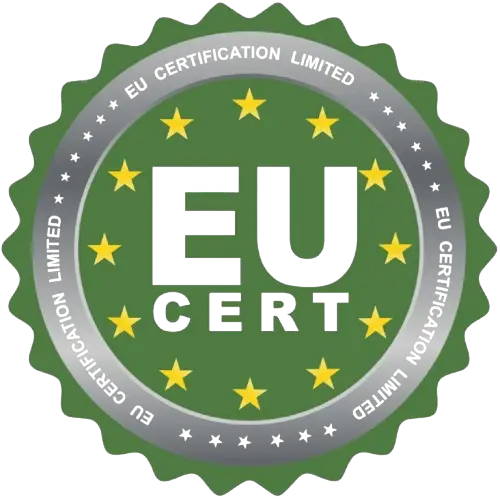
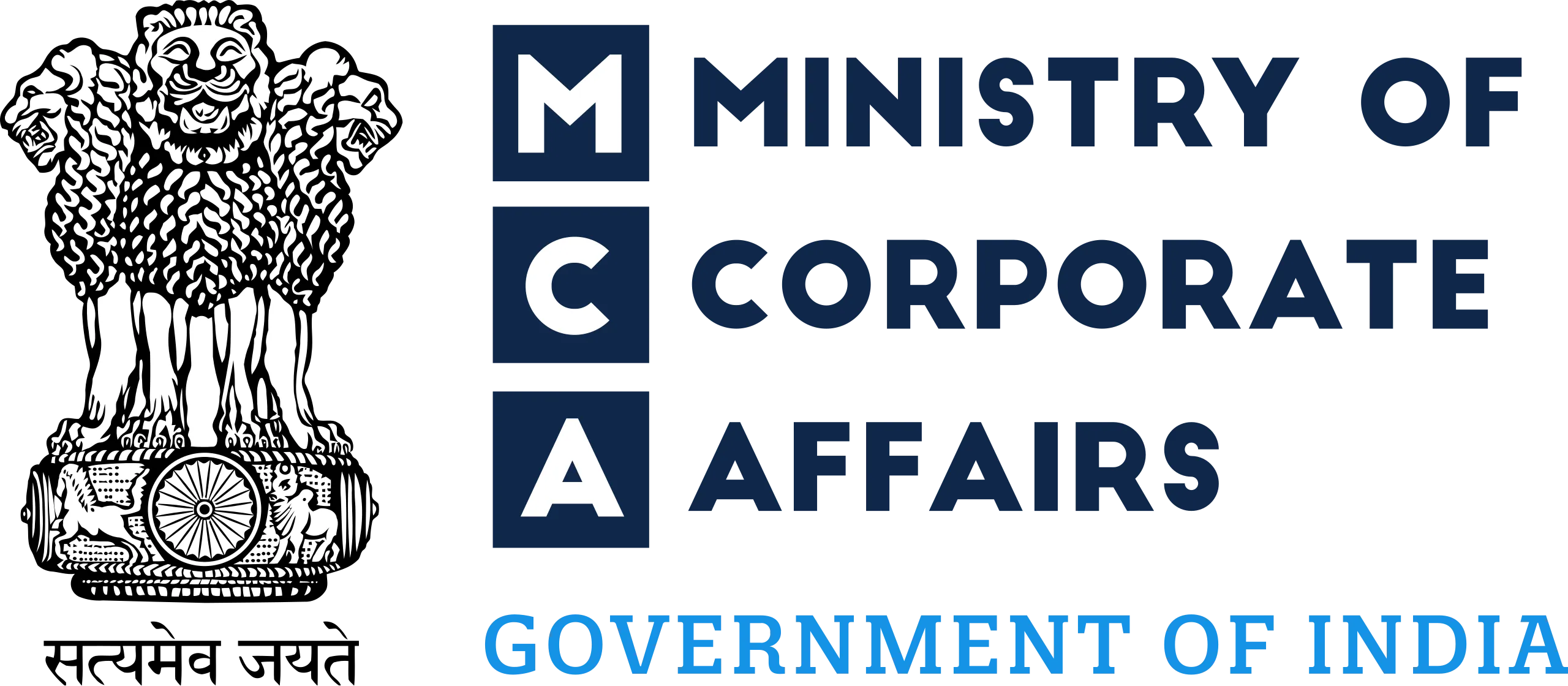
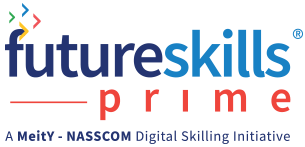

Experience a modern, outcome-driven curriculum
Built with industry mentors, this program blends immersive live sessions, simulation projects, and on-demand resources so you can master Mandarin Chinese with confidence.
The Certified Quality Engineer (CQE) Certification Program offers a comprehensive curriculum that covers various aspects of quality engineering, including quality control, quality assurance, and continuous improvement techniques. Over 36 hours of engaging content, you will learn from industry experts and gain the knowledge needed to pass the CQE exam and excel in your engineering career.
Why learners love this program
Each element is crafted to accelerate fluency, cultural context, and career readiness.
- Exam-focused curriculum aligned with the CQE Body of Knowledge, including practice exams and test-taking strategies to prepare you for certification success.
- Over 36 hours of hands-on, interactive learning with real-world case studies and practical tools (SPC, FMEA, DOE, capability analysis) for immediate workplace application.
- Instruction by industry experts with personalized feedback, peer collaboration opportunities, and career support resources to advance your quality engineering career.
Unlock the capabilities that matter in real-world communication
Every module stacks practical language skills with cultural fluency, so you can speak confidently in professional, academic, and social settings.
Certificate You'll Receive
Earn an industry-recognized certificate upon successful completion of this course.

Book a discovery call with our program specialists
Get tailored advice on learning paths, certification journeys, and industry opportunities before you enroll.
In a focused 20-minute consultation we map your current proficiency, clarify where you want to get to, and suggest the quickest route to fluency with milestones we can help you hit.
- Understand the skill gaps holding you back and the modules that can close them in the next cohort.
- Get a personalised cohort recommendation based on availability, trainer profile, and your weekly bandwidth.
- Discover global project work and certification add-ons that enhance Mandarin credentials on your CV.
Reserve your slot
Share your details and we will connect within 24 hours to set up a personalised walkthrough.
Structured modules that build fluency session after session
Explore the complete roadmap—from foundational vocabulary to advanced professional expressions—crafted with practical immersion in mind.
Role of Quality Engineering
Quality Terminology and Concepts
Building a Quality Culture
Stakeholders and Communication
ISO 9001 Overview
Other QMS Frameworks
QMS Roles and Responsibilities
QMS Implementation Planning
Documentation and Records
Descriptive Statistics
Probability and Distributions
Data Collection and Measurement
SPC Concepts
Control Chart Construction
FMEA Fundamentals
Severity, Occurrence, Detection Scoring
Developing Action Plans
Process FMEA Case Study
Design FMEA Overview
Control Chart Types
Interpreting Control Charts
Process Capability Indices (Cp, Cpk)
Measuring Variability and Sigma Levels
Capability Study Best Practices
Fishbone and 5 Whys Techniques
Failure Investigation Methods
Corrective and Preventive Actions (CAPA)
Verification and Monitoring
Lean Principles and Waste Types
Value Stream Mapping and 5S
Kaizen and Continuous Improvement
DMAIC Framework and Roles
Statistical Tools in DMAIC
Audit Planning and Execution
Regulatory Compliance and Checklists
Design of Experiments Fundamentals
Preparing for the CQE Exam
Pick a schedule that fits your routine
We run multiple live cohorts so you can line up a batch with your goals, weekly bandwidth, and preferred mode of learning.
Stories from professionals who accelerated with SkillsBiz
Hear how learners leveraged mentor feedback, immersive projects, and certification support to reach their Mandarin goals.
Your questions, answered in one place
Everything you need to know before you commit—from certification timelines to support during the program.
Global recognitions that power your profile
We are trusted by leading accreditation bodies, ensuring your certificate is respected by employers worldwide.










Ready to fast-track your Certified Quality Engineer (CQE) Certification Program mastery?
Join a live cohort, collaborate with peers, and unlock premium resources designed for global careers.
